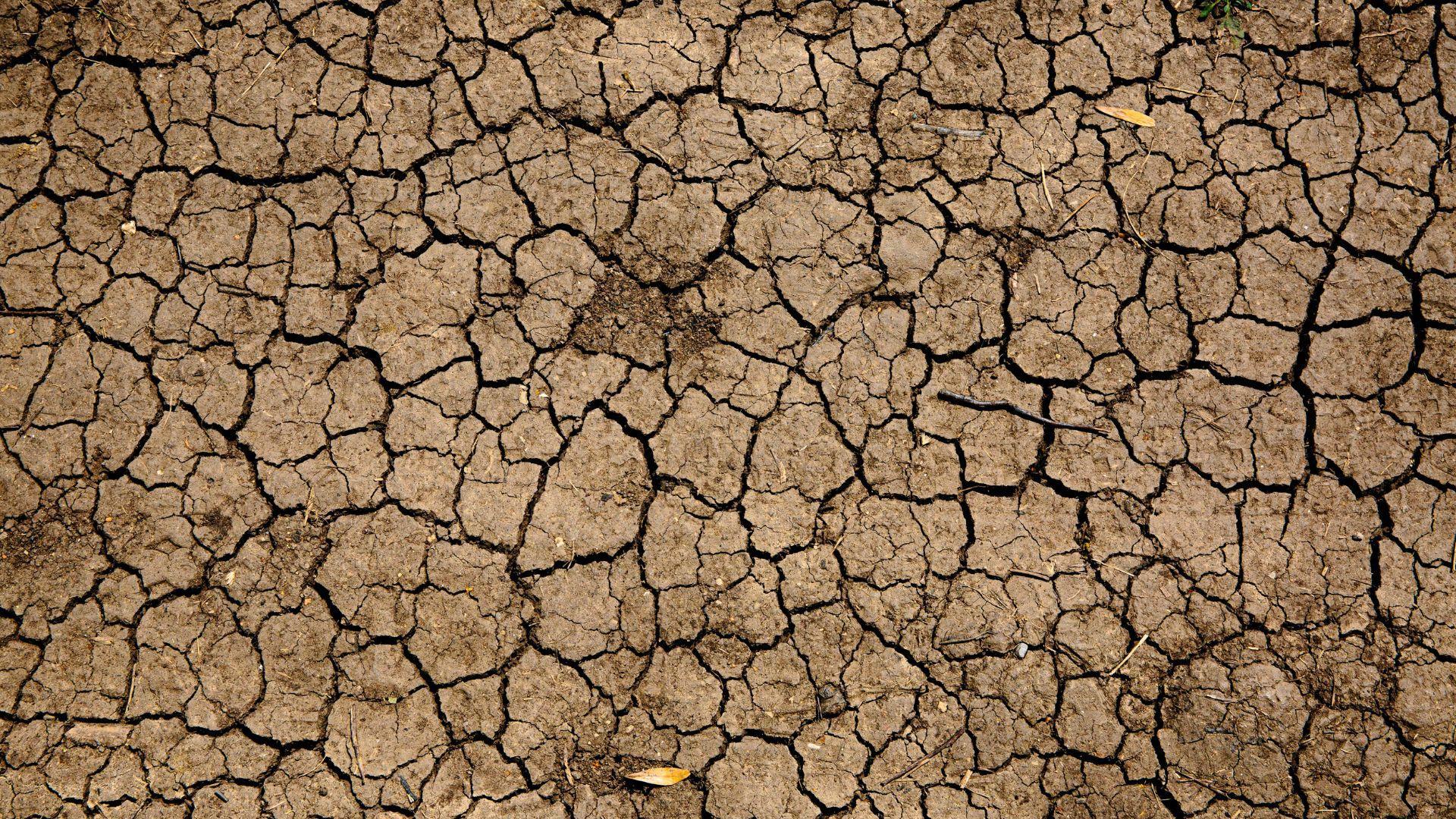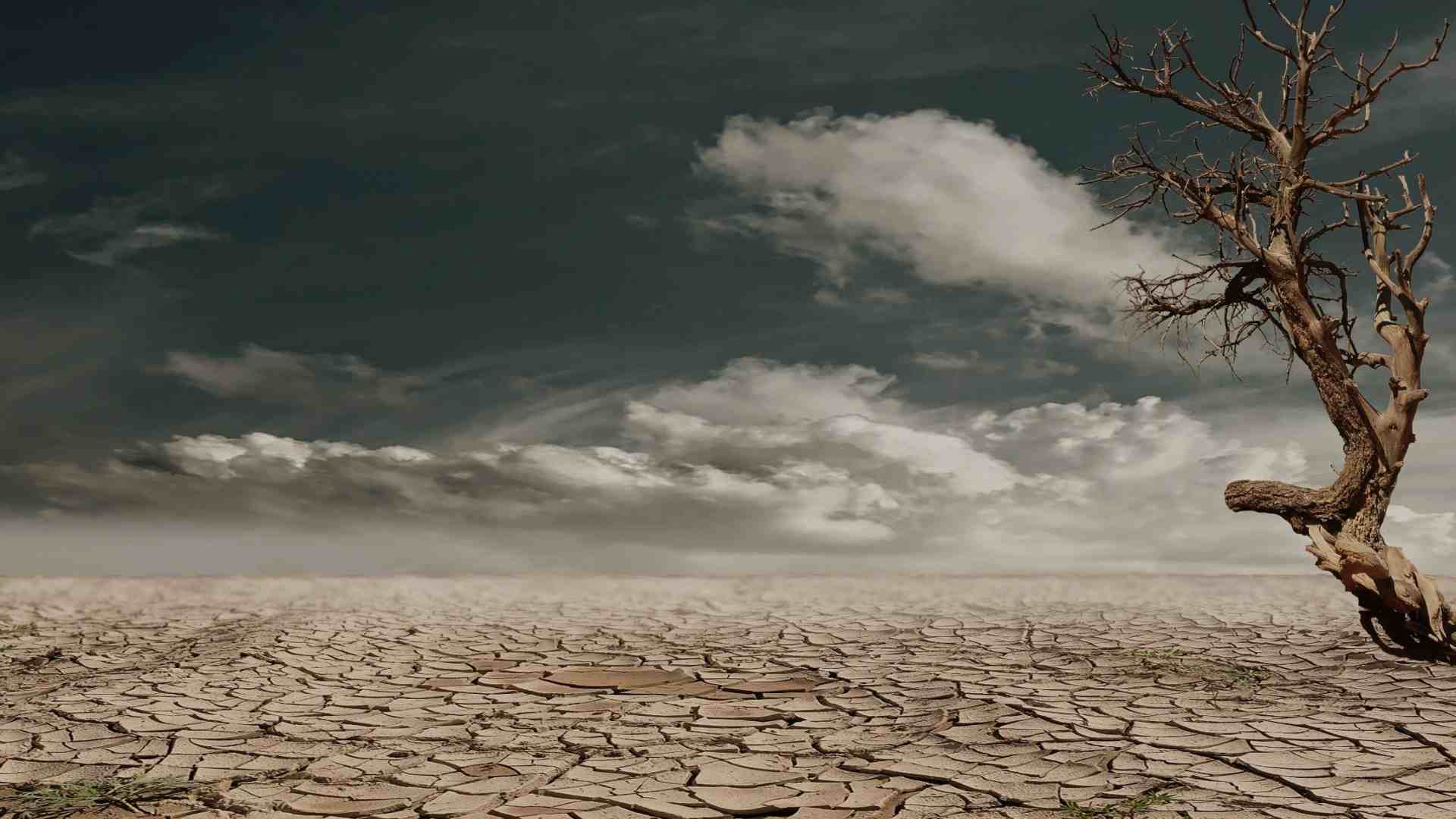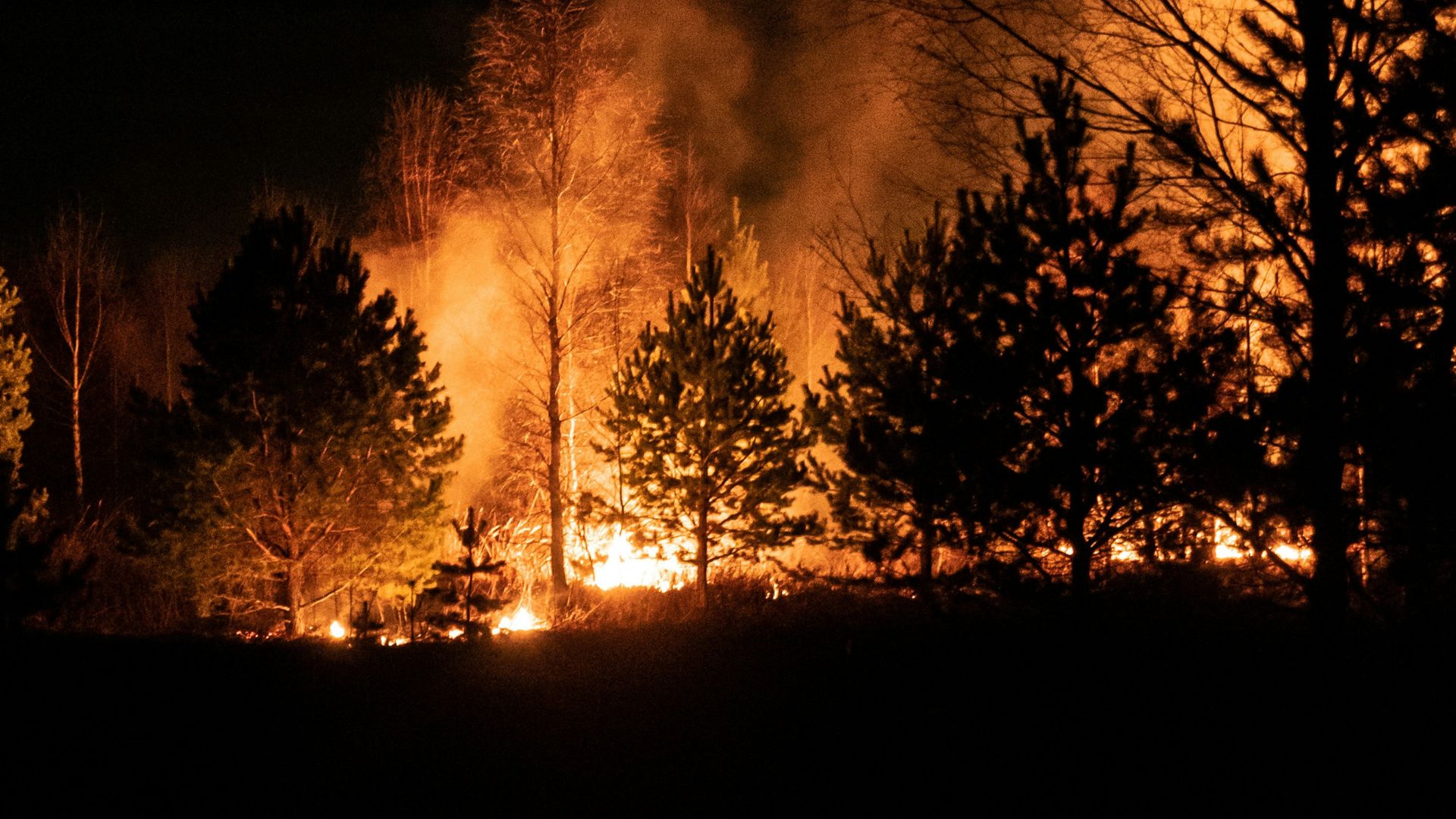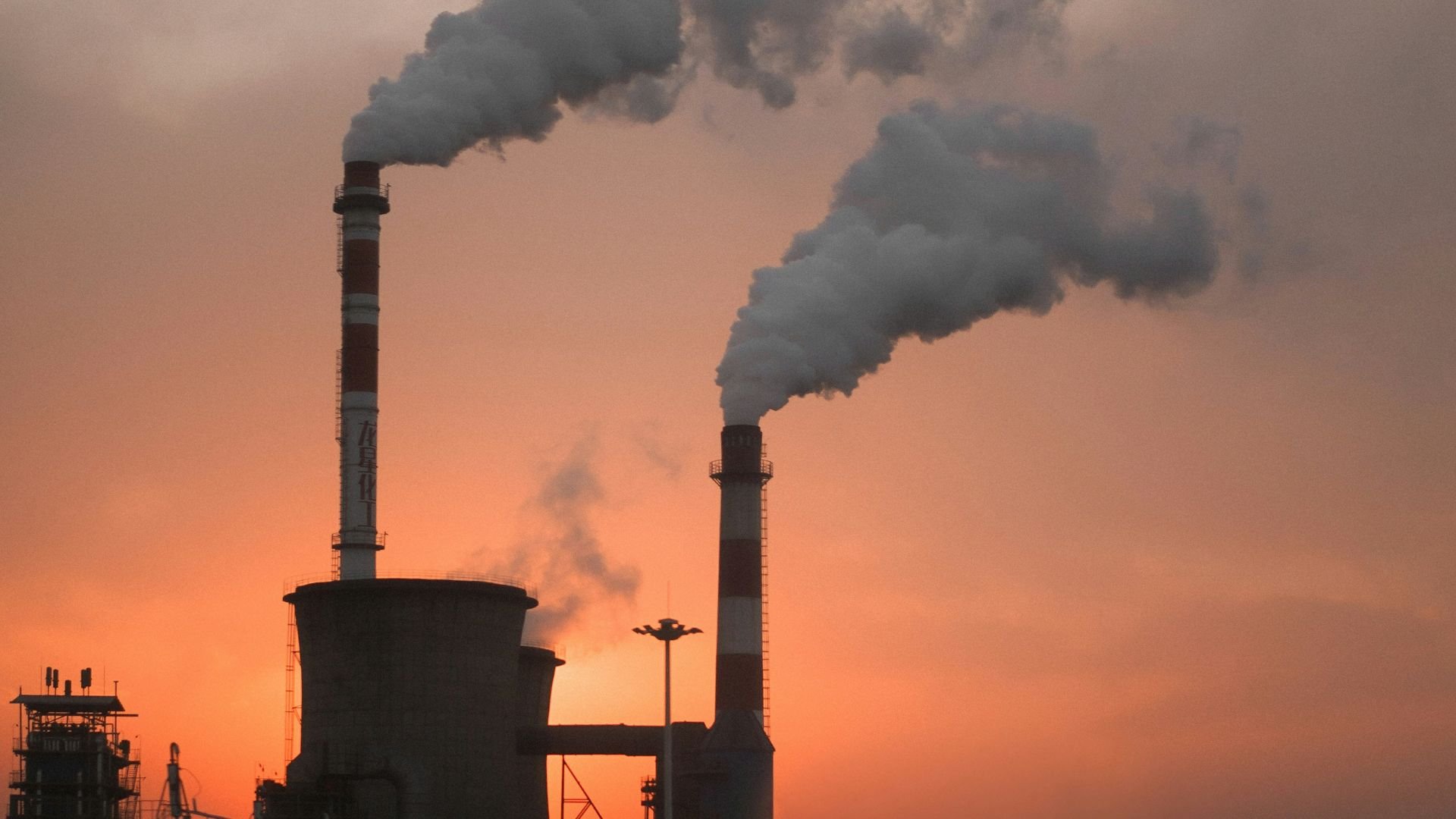Preliminary data from the European Union’s Copernicus Climate Change service has found that Sunday, July 21 was the hottest day ever recorded on an average global scale.
This record-shattering day came amid intense heatwaves that blanketed parts of the United States, Europe, and Russia.
Record Temperatures

Reuters reports that Copernicus confirmed the record global average daily temperature, which broke records dating back to when they first started keeping track in 1940.
This data was obtained by using satellites, and scientists are even speculating that it could be the warmest day in over 120,000 years, but they cannot be certain.
Air Surface Temperature

The record-breaking measurement was recorded by measuring the global average surface air temperature, which Copernicus estimates was 62.76 degrees Fahrenheit.
This temperature beat the previous record set in July of last year which stood at a global average of 62.74 degrees Fahrenheit.
Constant Record Breaking

Warming records for temperatures across the world seem to be constantly broken. This latest record which was also broken last year was set back in 2016.
In 2023, the record was broken four days in a row between July 3 and July 6. Every month since June 2023, which represents a 13-month streak, each month has been ranked the hottest of that particular month since records began.
Worrying Data

This 13-month streak, along with the new daily temperature record, has many climate scientists worried about the possible consequences and the potential for 2024 to beat 2023 as the new hottest year.
“It’s certainly a worrying sign coming on the heels of 13 straight record-setting months,” said Berkeley Earth climate scientist Zeke Hausfather. Hausfather has predicted there is a 92% chance that 2024 will beat 2023.
Concurring Opinion

Part of the recent temperature rise has been attributed to El Nino, a natural phenomenon where heat is released from the ocean into the atmosphere. Friederike Otto, a climate scientist at the Grantham Institute at Imperial College London has also said that there is a “high chance” that 2024 will be the hottest year in recorded history.
“El Nino is a naturally occurring phenomenon that will always come and go. We can’t stop El Nino, but we can stop burning oil, gas, and coal,” Otto said.
Copernicus Statement

Copernicus Director Carlo Bountempo released a statement expressing his concern that the planet is ascending into “uncharted territory.”
“What is truly staggering is how large the difference is between the temperature of the last 13 months and the previous temperature records,” said Bountempo. “We are now in truly uncharted territory and as the climate keeps warming, we are bound to see new records being broken in future months and years.”
Tiny Difference

Although the record was indeed broken again this year, some climate scientists are cautioning against making it such a big deal because the difference is so slim.
“We should really never be comparing absolute temperatures for individual days,” said University of Pennsylvania climate scientist Michael Mann.
Finger Print of Climate Change

Victor Gensini, a climate scientist at Northern Illinois University expressed the importance of making note of the July 21 record break, but thinks “what really kind of makes your eyeballs jump out” is the continued yearly averages that beat previous records.
“It’s certainly a fingerprint of climate change,” said Gensini.
The Warming Will Continue

While some may disagree on noting the importance of particular daily averages and records, many agree that the warming is bound to continue as long as humans continue producing greenhouse gases.
“What matters is this,” said Texas A&M University climate scientist Andrew Dessler. “The warming will continue as long as we’re dumping greenhouse gases into the atmosphere and we have the technology to largely stop doing that today. What we lack is political will.”
Not Prepared for a Warm Earth

Peter Thorne, director of the Icarus centre at Maynooth University in Ireland warned that human society is not even close to being prepared for what is to come if we have to live on a warmer Earth.
“Just a quick glance at the range of events happening around the globe right now – wildfires, flooding, heatwaves – tells us that we are not remotely prepared for the extremes that this warmer world has bought us,” said Thorne. “We are even less prepared for what is to come.”
Easier Said Than Done

Although climate activists and scientists are insistent that change is possible, it’s hard to imagine cooperation on a global scale among different countries with different interests.
“Keeping changes in global average temperatures under 1.5C is not impossible, but it feels like a desperate enterprise,” said Prof Vanesa Castán Broto, an IPCC author who leads a research group on climate urbanism at the University of Sheffield. “Sometimes, it is like waking up buried [under] the ground: pure horror.”
